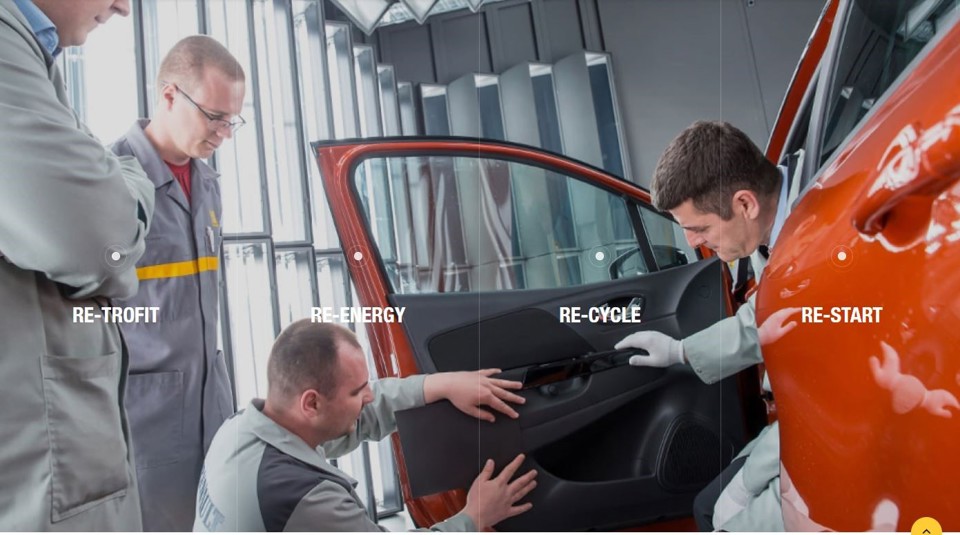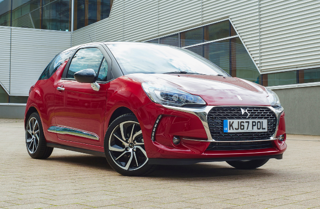The UK automotive industry has thrown its full support behind the government’s newly launched Industrial Strategy while unveiling its own 10-point plan.
The programme is aimed at restoring Britain to the global top 15 vehicle manufacturing nations by 2030 and delivering an economic boost worth £50 billion over the next decade through business rates reform, energy cost relief, improved capital allowances and investment in skills.
Unveiled at the Society of Motor Manufacturers and Traders (SMMT) annual summit in London, the plan – detailed in a new SMMT report titled The Competitive Edge: Driving Long-Term UK Automotive Growth – sets out the sector’s commitment to leveraging the strategy’s momentum, while urging swift action on key cost and competitiveness challenges.
 SMMT chief executive Mike Hawes hailed the Industrial Strategy as a turning point, particularly its £2.5 billion Drive35 fund for automotive capital and R&D, calling it “a recognition of automotive as a pillar of advanced manufacturing.”
SMMT chief executive Mike Hawes hailed the Industrial Strategy as a turning point, particularly its £2.5 billion Drive35 fund for automotive capital and R&D, calling it “a recognition of automotive as a pillar of advanced manufacturing.”
“Now we must make the most of that position and put in place the right conditions for growth,” he said.
The SMMT’s new report, which includes findings from the first UK Automotive Business Leaders Barometer, highlights both optimism and concern within the sector.
While over half of surveyed businesses have recently secured or are planning investment, nearly three-quarters (73.5%) reported rising operational costs in the past year, and almost half (46.9%) saw profitability fall.
One of the most urgent challenges identified is the UK’s industrial energy pricing, which remains the highest in Europe.
Car manufacturers face energy taxes six times the European average, pushing electricity bills up by over £200 million in 2024 alone.
SMMT is urging that battery manufacturing energy reliefs be extended to the wider automotive sector, particularly as the industry transitions to electricity-heavy EV production.
The report also warns that the UK remains behind on key electrification targets. Despite £6.5 billion in EV incentives over the past 18 months, consumer demand remains weak – with 52% of industry leaders believing the UK is significantly off-track to meet the 2030 phase-out of petrol and diesel cars.
Additional barriers include government policies such as the Vehicle Excise Duty Expensive Car Supplement, which has imposed a £360 million hit on EV buyers from April this year.
SMMT is calling for targeted consumer incentives, including ECS reform and VAT cuts on EVs and public charging, to reignite demand and strengthen the domestic EV market.
Despite these challenges, SMMT notes that recent trade and diplomatic developments offer encouragement with the recent UK-US deal mitigating the impact of damaging tariffs, along with the India free trade agreement and EU trade reset.






















Login to comment
Comments
No comments have been made yet.